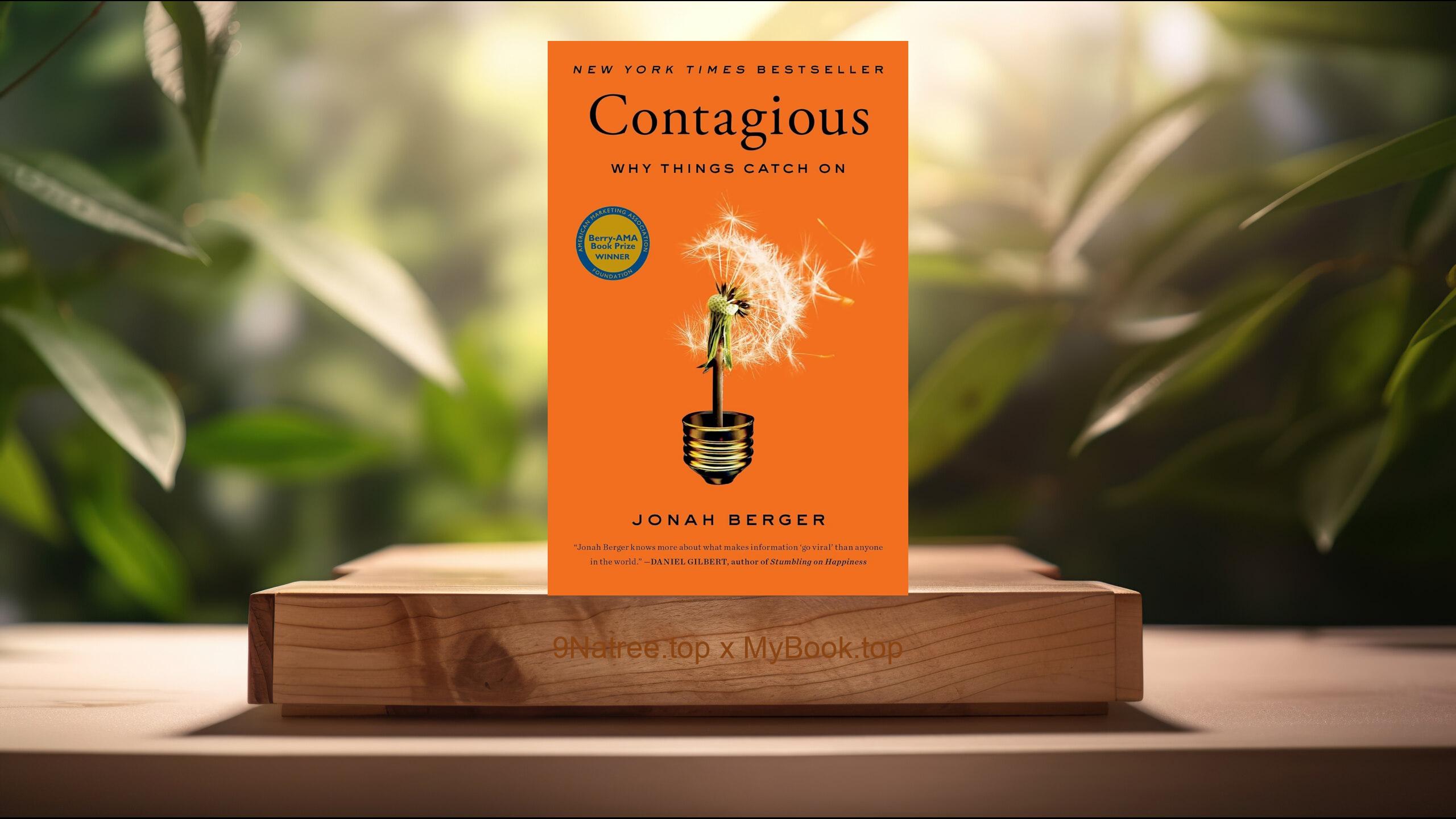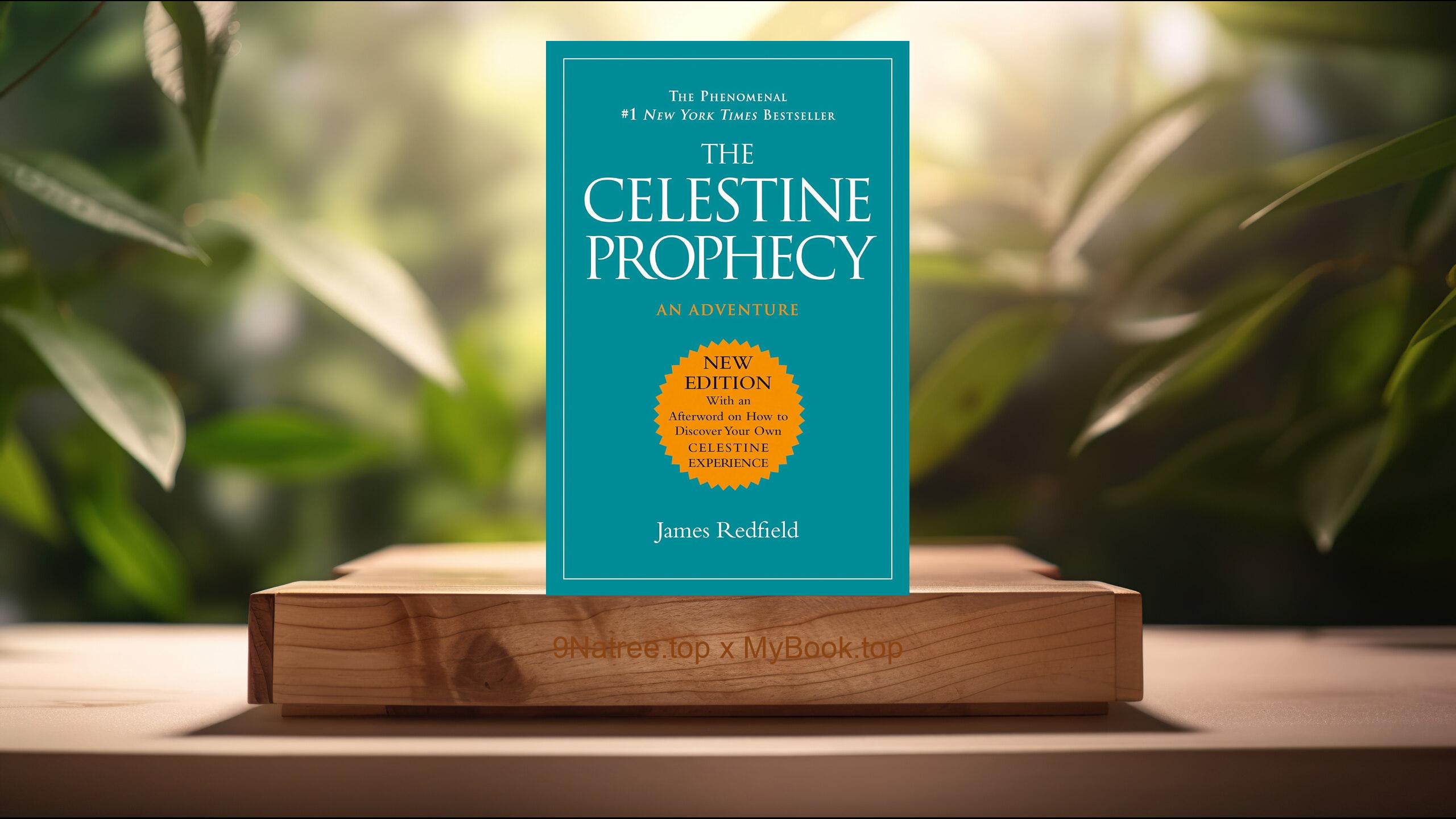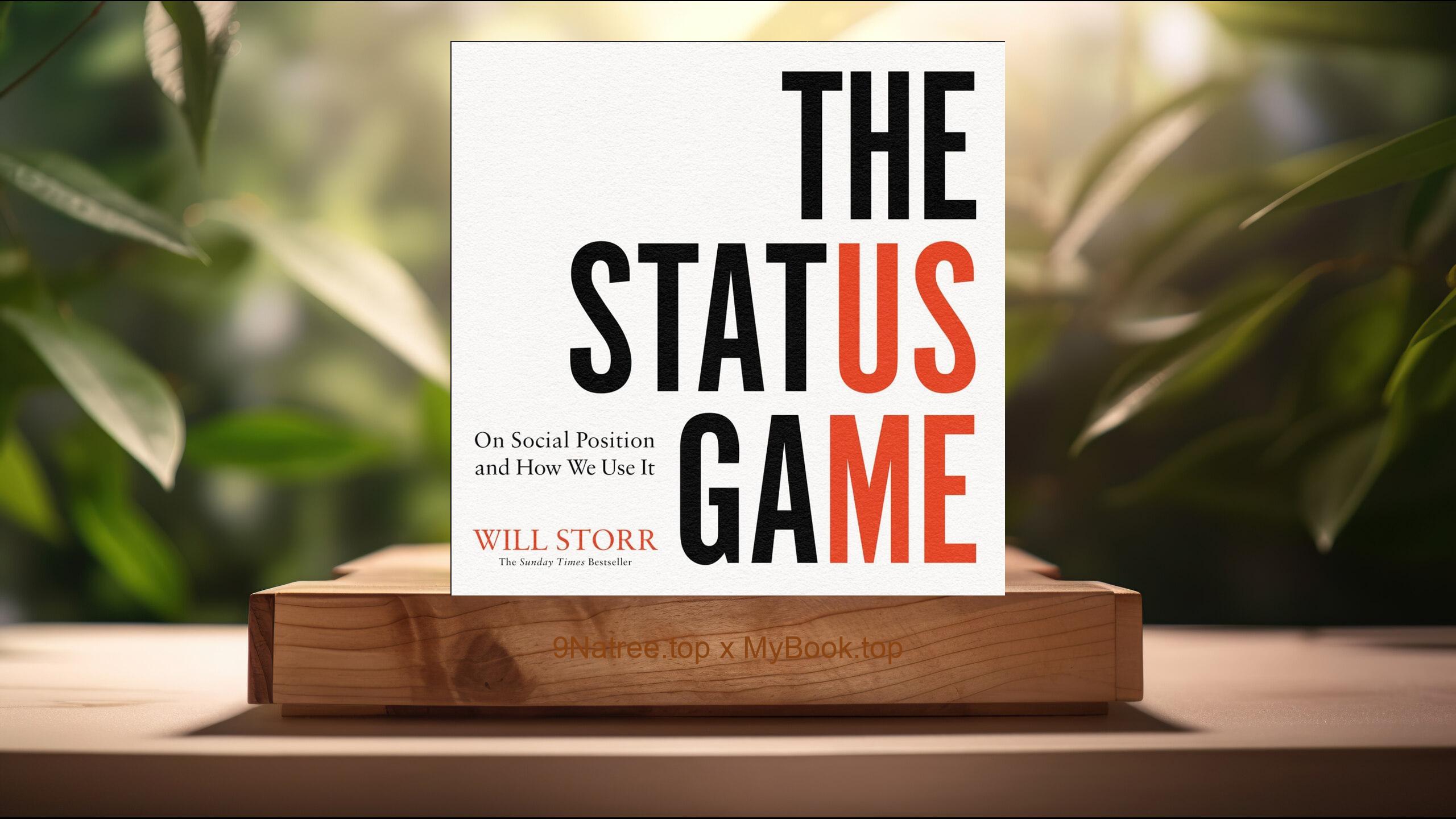Show Notes
- Amazon US Store: https://www.amazon.com/dp/B0CPCMYLHY?tag=9natree-20
- Amazon Worldwide Store: https://global.buys.trade/Help-Me-Stop-Overthinking-Vaughn-Carter.html
- Apple Books: https://books.apple.com/us/audiobook/help-me-stop-overthinking-the-ultimate-guide-to-stop/id1729479421?itsct=books_box_link&itscg=30200&ls=1&at=1001l3bAw&ct=9natree
- eBay: https://www.ebay.com/sch/i.html?_nkw=Help+Me+Stop+Overthinking+Vaughn+Carter+&mkcid=1&mkrid=711-53200-19255-0&siteid=0&campid=5339060787&customid=9natree&toolid=10001&mkevt=1
- Read more: https://mybook.top/read/B0CPCMYLHY/
#Overthinking #MentalWellbeing #AnxietyRelief #SelfhelpStrategies #Mindfulness #HelpMeStopOverthinking
These are takeaways from this book.
Firstly, Understanding Overthinking, Overthinking is more than just a simple distraction; it's a pervasive and, at times, crippling condition that can significantly hamper one's quality of life. Vaughn Carter begins his guide by delineating what constitutes overthinking, its various manifestations, and its root causes. He emphasizes that overthinking is not merely a bad habit but a deeply ingrained pattern that often stems from anxiety, the need for control, and underlying fears. Overthinkers tend to dwell on past errors or future uncertainties, leading to a cycle of analysis paralysis where decision-making becomes a daunting ordeal. Understanding the nature of overthinking is the first step towards addressing it, as it allows for the identification of specific triggers and the implementation of targeted strategies to mitigate its grip on one’s daily life.
Secondly, Recognizing Triggers and Patterns, Identifying personal triggers and patterns that lead to overthinking is crucial in the journey towards mental liberation. Carter provides readers with tools and exercises designed to increase self-awareness regarding their thought processes. Through meticulous self-observation, readers can begin to notice recurring themes or situations that prompt overthinking, such as high-pressure decisions, fear of failure, or social interactions. He also delves into how these patterns are often rooted in deeper psychological frameworks, including low self-esteem and perfectionism. By becoming mindful of these triggers, individuals can develop proactive strategies to intercept overthinking before it escalates, fostering a healthier mental environment conducive to decision-making and personal growth.
Thirdly, Strategies to Counteract Overthinking, Carter's guide shines when delineating actionable strategies to counteract overthinking. These range from cognitive-behavioral techniques to lifestyle changes aimed at reducing stress and enhancing overall well-being. Techniques such as mindfulness, meditation, and journaling are recommended to help readers slow down their thought processes and gain a clearer perspective. Simplifying decision-making processes, setting time limits for decisions, and learning to accept uncertainty are also key strategies. Moreover, Carter encourages engaging in regular physical activity and ensuring adequate rest, as a healthy body significantly supports a healthy mind. By incorporating these strategies into daily life, overthinkers can gradually diminish the weight of their thoughts, allowing for a more joyful and spontaneous existence.
Fourthly, The Role of Acceptance and Letting Go, A central theme in Carter's narrative is the power of acceptance and the ability to let go of the need for control. He posits that at the core of overthinking is often an underlying desire to predict and control outcomes, driven by fear of the unknown. Letting go involves embracing uncertainty, acknowledging that not all situations require perfect outcomes, and understanding that mistakes are part of the human experience. Transformation occurs when individuals accept their limitations and focus on the present moment rather than obsessing over every possible future scenario. This liberation from the need for control fosters resilience, adaptability, and a deeper enjoyment of life's journey.
Lastly, Creating a Supportive Environment, Establishing a supportive environment is critical for individuals striving to overcome the habit of overthinking. Carter emphasizes the importance of surrounding oneself with positive influences, including supportive friends, family, and professionals who understand the challenges associated with overthinking. He also advises on the significance of minimizing exposure to stressors and cultivating a personal space that promotes relaxation and creativity. By building a network of support and tailoring their environment to reduce stress and negativity, individuals can significantly bolster their efforts to break free from the cycle of overthinking, paving the way for a brighter, more engaged life.
![[Review] Help Me Stop Overthinking (Vaughn Carter) Summarized](https://episodes.castos.com/660078c6833215-59505987/images/1857404/c1a-085k3-9j0n7g2da0j-xudozp.jpg)




